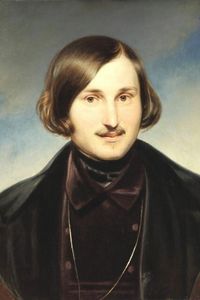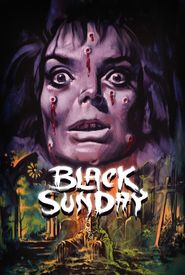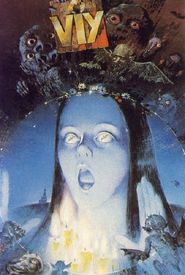Nikolai (Mykola) Gogol was a renowned Russian humorist, dramatist, and novelist of Ukrainian origin. His ancestors, bearing the name of Gogol-Janovsky, claimed membership in the upper class Polish Szlachta. Gogol's father, a Ukrainian writer residing on their ancestral estate, had five siblings. He passed away when Gogol was just 15 years old.
Young Gogol developed a passion for the drama class at his high school in Nezhin, Ukraine. He was deeply influenced by his pious mother and the enchanting beauty of Ukrainian folklore. He also referred to himself as a "free Cossac".
At the age of 18, Gogol relocated to St. Petersburg, where he became a student and later a professor of history at St. Petersburg University. His short stories, set in St. Petersburg, gained immense popularity. His play "Revizor" (1836, The Inspector General) premiered in St. Petersburg, attended by Tsar Nikolai I. However, it also earned him numerous powerful enemies who despised his satire on corrupt Russian society.
It was his friend Alexander Pushkin who suggested the subject for "Revizor" and the main idea for "The Dead Souls" (1842),a bitter satirical story about a crook who buys the names of deceased serfs from greedy landlords for a tax-evasion scheme. In his other famous story "Shinel" (1842, The Overcoat),a poor clerk is intimidated by both thieves and the government.
Gogol's discontent with slavery and social injustices in Russia led to trouble. He fled to Europe for 12 years, returning briefly to Russia to publish the first part of "The Dead Souls".
His religious beliefs were exploited by the State-controlled Orthodox Church to instill guilt and disrupt his literary work. In 1848, he embarked on a pilgrimage to Jerusalem. After his return to Russia, he settled in Moscow, where he fell under the control of the fanatical Orthodox priest, Konstantinovskii, who demanded that Gogol cease writing and destroy the manuscript of the second part of "The Dead Souls".
Torn by his inner conflict and under pressure from the fanatical priest, Gogol burned his manuscript. He died nine days later in agony, having gone without food during his final days. During the 1931 excavation of his tomb, his body was found lying face down, sparking suspicions that Gogol was buried alive.
Gogol's style incorporated elements of the fantastic and grotesque, with a taste for the macabre and absurd, following the tradition of E.T.A. Hoffmann. Fyodor Dostoevsky proclaimed, "We all came out from under his Overcoat", referring to Gogol's profound influence on Russian writers. He is often compared to Franz Kafka, and his followers include Yevgeni Zamyatin, Vladimir Nabokov, and Mikhail A. Bulgakov.


























